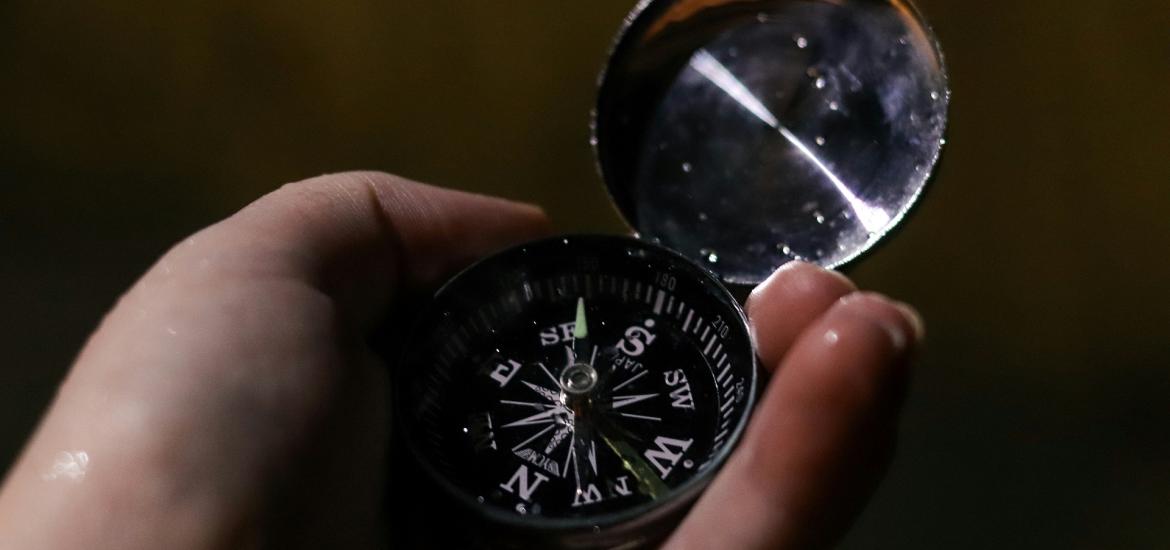
Compass claims a pivotal win with tovecimig
A biliary tract cancer trial hits on response rate, but survival data will be key.
A biliary tract cancer trial hits on response rate, but survival data will be key.

Compass Therapeutics reckons it might have a new standard of care in second-line biliary tract cancer in its DLL4 x VEGF-targeting antibody tovecimig, after toplining a win in the phase 2/3 Companion-002 trial on Tuesday.
However, the company is facing questions over the choice of paclitaxel as a comparator, and about whether the data, which were limited to response rates, will translate into positive progression-free and overall survival results. Survival data, which will likely be needed for filing, have been delayed until later this year, leaving investors with a nervous wait.
On Tuesday Compass’s stock opened down 7%, but ended the day up 18%.
DLL4 is involved in angiogenesis, but previous attempts to hit it have been limited by adverse events such as pulmonary hypertension and heart failure. It’s hoped that targeting both DLL4 and VEGF could improve potency, although other projects with this dual mechanism appear to have fallen by the wayside, such as AbbVie’s dilpacimab (ABT-165) and Feng Biosciences’ navicixizumab.
Companion-002 tests tovecimig plus paclitaxel, versus paclitaxel alone, in second-line biliary tract cancer. The primary endpoint is overall response rate, while secondary endpoints include progression free and overall survival.
Paclitaxel questions
On Tuesday Compass touted a 17% ORR among 111 patients receiving the combo, versus 5% among 57 patients who got paclitaxel. The resulting 0.031 p value for this was said to be statistically significant, given a hierarchical analysis. But the result was less impressive than the 38% ORR in an uncontrolled phase 2 trial in second and third-line BTC (64% ORR in the second-line subgroup).
There were also questions about whether paclitaxel is the most relevant comparator, with NCCN guidelines citing Folfox chemo as the preferred second-line regimen. Indeed, Compass even mentioned Folfox in its own presentation, saying that historically this gave an ORR of 5% among the 85% of second-line patients without mutations amenable to targeted therapies.
In addition, tovecimig’s side effects could raise eyebrows. 46% of patients in phase 2 experienced serious adverse events, with 25% discontinuing. All Compass said on Tuesday was that the project’s safety profile in Companion-002 was in line with previous studies, and that full data would be released in the fourth quarter, along with PFS and OS results.
These survival data had been expected in the second half but, according to Compass, fewer events have occurred than originally modelled, pushing this readout back to the fourth quarter of 2025.
During a conference call to discuss the data Compass was reluctant to give its filing plans, only saying that its base case remained that it would need full results from Companion-002 to support a submission. It wouldn’t say whether it expected to pursue accelerated or full approval, and was also cagey about any plans for a confirmatory trial; things could become clearer if the group can meet the FDA this quarter, as hoped.
A confirmatory study could be in first-line BTC, Compass hinted, pointing to an ongoing phase 1/2 trial in this population, sponsored by the MD Anderson Cancer Center. The company expects preliminary results from this study around the same time as PFS and OS data from Companion-002.
A phase 2 trial of tovecimig in colorectal cancer is also slated to start in mid-2025. Perhaps Compass would be better off waiting until it’s confirmed the project’s benefit in BTC.
1314













